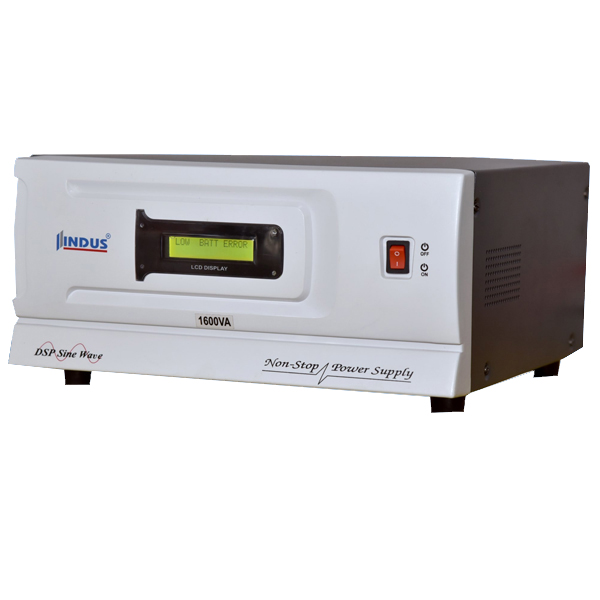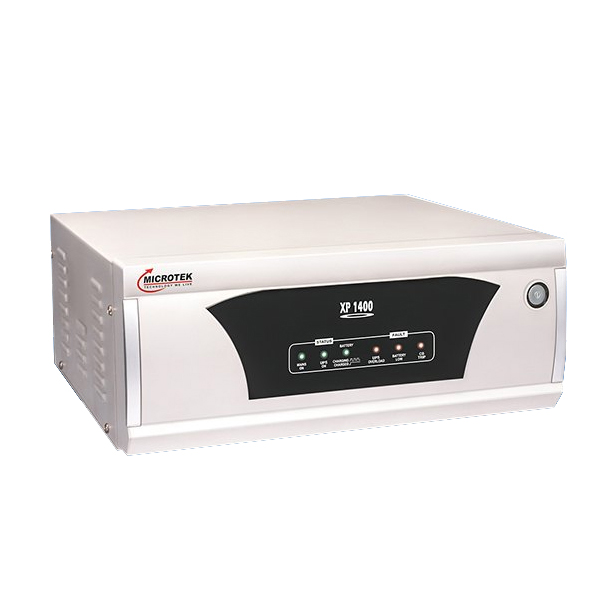Home UPS Inverter


A home UPS (Uninterruptible Power Supply) system is designed to provide backup power to your home in case of a power outage. It ensures that your essential appliances and devices continue to function without interruption. Here are some key points to consider when looking into a home UPS system :
Types of UPS Systems
Standby UPS (Offline UPS) :
- Provides basic protection and backup power.
- Suitable for small electronic devices and home computers.
- Offers better protection with voltage regulation.
- Suitable for home offices and small network equipment.
- Provides the highest level of protection and clean power.
- Suitable for critical equipment and larger setups.
Key Features
Power Capacity (VA Rating) :
- Ensure the UPS can handle the total wattage of your devices.
- Calculate the total power consumption of the devices you want to protect.
- Look for the battery capacity and expected runtime during an outage.
- Longer runtimes provide more flexibility and time to safely shut down equipment.
- Ensure the UPS has enough outlets for all your critical devices.
- Some UPS systems offer a mix of battery-backed and surge-protected outlets.
Surge Protection :
- Protects against voltage spikes and surges.
- Essential for safeguarding sensitive electronics.
- Provides real-time information on battery status, load capacity, and power conditions.
- Audible alerts can notify you of power issues or low battery.
- Allows for automated shutdowns and monitoring of the UPS status.
- Useful for home offices and servers.
Installation and Maintenance
Placement :
- Install the UPS in a cool, dry, and well-ventilated area.
- Avoid placing it near heat sources or in direct sunlight.
Battery Maintenance :
- Regularly check the battery status and replace batteries as needed.
- Most UPS systems have replaceable batteries.
Testing :
- Periodically test the UPS to ensure it functions correctly during an outage.
- Simulate a power outage to check the battery runtime & load capacity.
Available Ranges
- 400VA/12VDC
- 700VA/12VDC
- 900VA/12VDC
- 1100VA/12VDC
- 1600VA/12VDC
- 2200VA/12VDC
